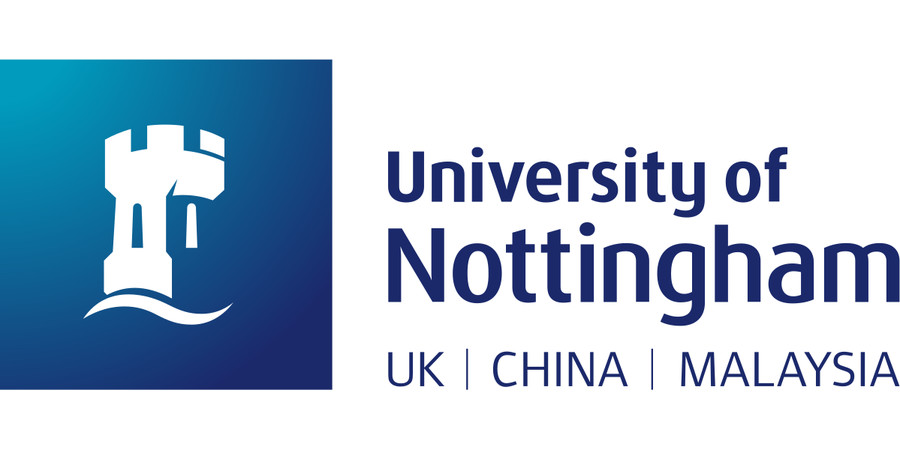PhD Studentship: Help us to Better Detect Cancer with Hair-Thin Imaging Devices
University of Nottingham - Engineering
| Qualification Type: | PhD |
|---|---|
| Location: | Nottingham |
| Funding for: | UK Students, EU Students, International Students |
| Funding amount: | See advert for details |
| Hours: | Full Time |
| Placed On: | 21st January 2025 |
|---|---|
| Closes: | 21st April 2025 |
| Reference: | ENG236 |
Ph.D. Opportunity: Help us to Better Detect Cancer with Hair-Thin Imaging Devices
We are seeking an enthusiastic Ph.D. student to lead the development of innovative hair-thin (<0.2mm diameter) imaging devices (endoscopes) for detecting cancer in hard-to-reach areas of the body, such as the pancreas and ovaries.
Background: Cancers deep within the body are notoriously difficult to detect and treat due to their inaccessibility: ovarian cancer has a 50% five-year survival rate, while pancreatic cancer fares even worse at less than 10%. Better detection is crucial to improving survival rates. To tackle this, we are developing hair-thin optical fibre endoscopes that incorporate advanced imaging modalities for minimally invasive cancer detection through needles.
Aim: You will design, build, and test prototype fibre endoscopes with customised nanostructures on their tips, employing advanced nanofabrication technologies such as nanoimprint lithography for metasurfaces and two-photon 3D printing. These nanostructures will be optimised for specific imaging modalities, including two-photon microscopy and optical coherence tomography, to achieve enhanced contrast for cancer detection.
We are building an international, interdisciplinary team led by Dr. George Gordon under his UKRI Future Leaders Fellowship. We seek a motivated, creative Ph.D. student to develop these devices using cutting-edge tools. You’ll work closely with lab members specialising in AI image reconstruction and optical system integration to develop your prototypes towards clinical application. Working closely with clinicians in pancreatic and bile duct cancers, you will design, simulate, and fabricate prototype endoscopes, testing them on imaging targets, tissue phantoms, and ex-vivo specimens. This work may lead to clinical applications and potential commercialisation.
What we offer:
Joining our team means gaining access to exceptional resources and opportunities to develop you into a leading researcher:
- A world-class multidisciplinary research environment, spanning nanotechnology, AI, and clinical medicine.
- A supportive environment for researchers as signatories of the Researcher Development Concordat (http://www.vitae.ac.uk/policy/concordat); see also Dr. Gordon’s Lab Charter (http://www.georgesdgordon.com/?page_id=584\).
- Opportunities to gain new skills in optics, coding, nanotechnology, AI, and clinical applications.
- The chance to produce high-quality publications.
- Travel to collaborate with international partners and attend conferences.
- Three years of funding, including tuition fees (for UK applicants; scholarships available for exceptional international candidates)
We seek individuals whose skills and enthusiasm will drive groundbreaking research in endoscopic cancer imaging:
- 1st or 2.1 honours undergraduate or master's degree in Engineering, Physics, Computer Science or similar
- Enthusiasm for hands-on experiments
- Basic coding abilities in any language (e.g. Python or MATLAB or C/C++)
- Excellent communication skills
- The ability to work collaboratively in a team across disciplines
The project will be based in the lab of Dr. Gordon (OPTIMlab) in Engineering, which has 3 main research themes: novel optical materials/meta-materials, new hardware + algorithms/AI for optical imaging, and clinical translation (more at www.georgesdgordon.com). You will be supported by colleagues with strong skills in building optical systems, coding and data analytics/processing. Start date: October-December 2025. Please contact Dr. Gordon if you are interested in applying at george.gordon@nottingham.ac.uk. Note that the funding associated with this role is awarded via an internal competition and may not be certain until several weeks after the admission application is approved.
Advert information
Type / Role:
Subject Area(s):
Location(s):









